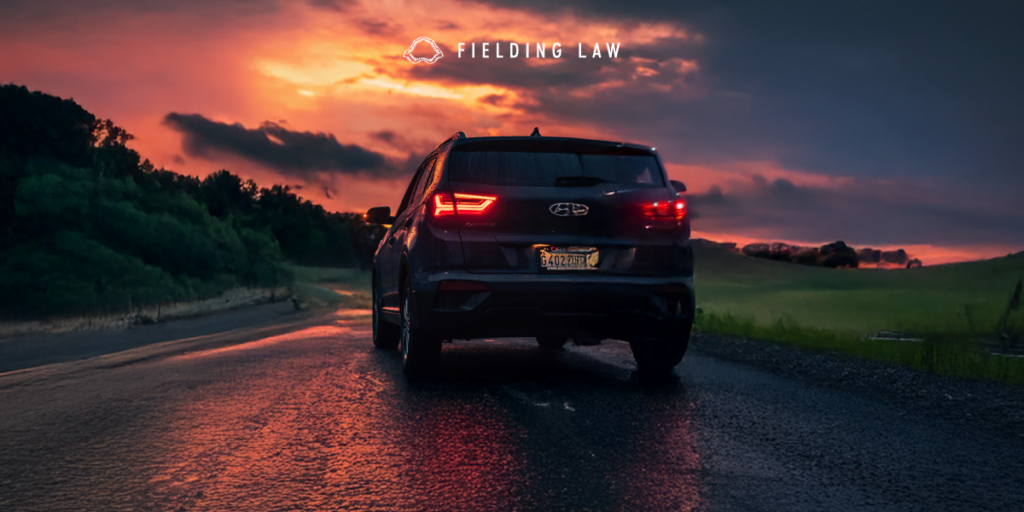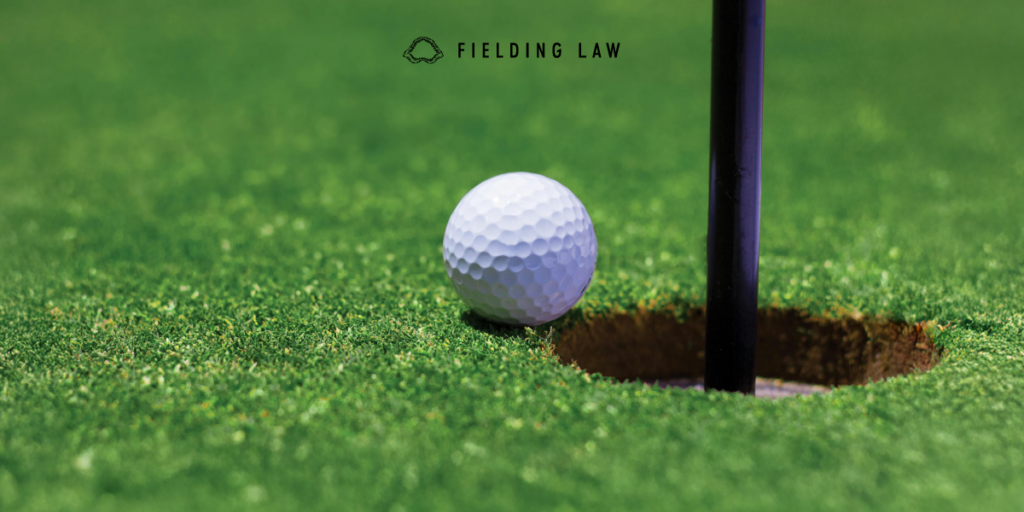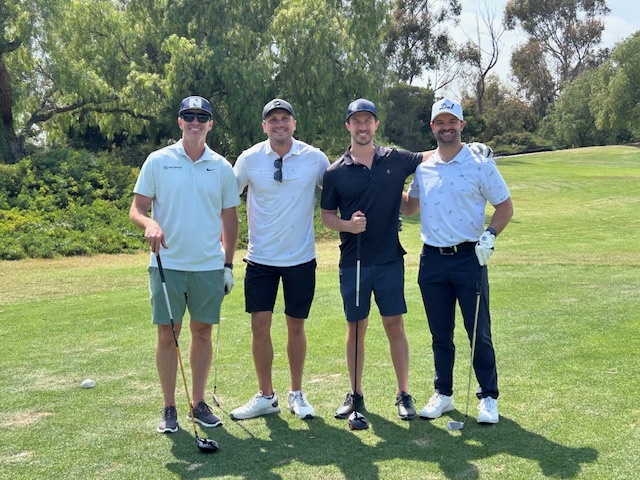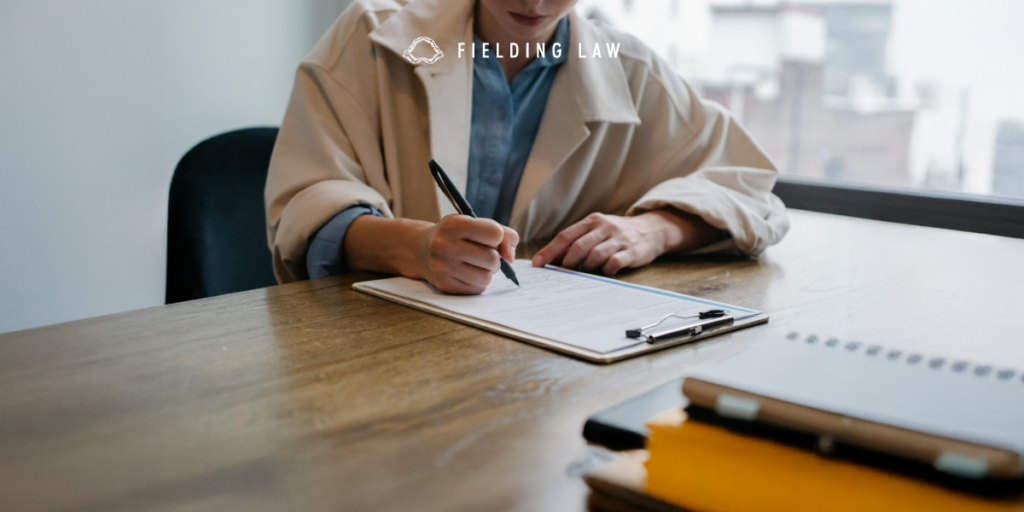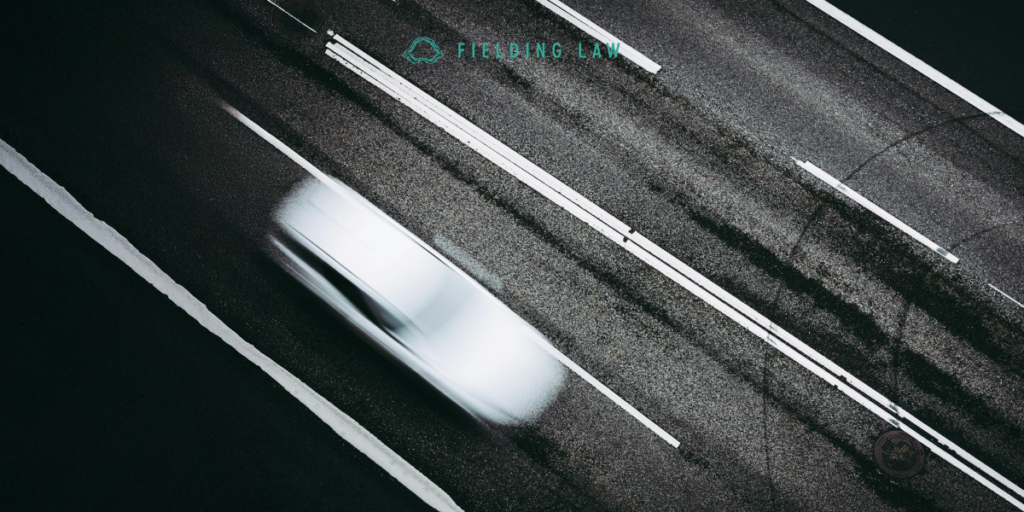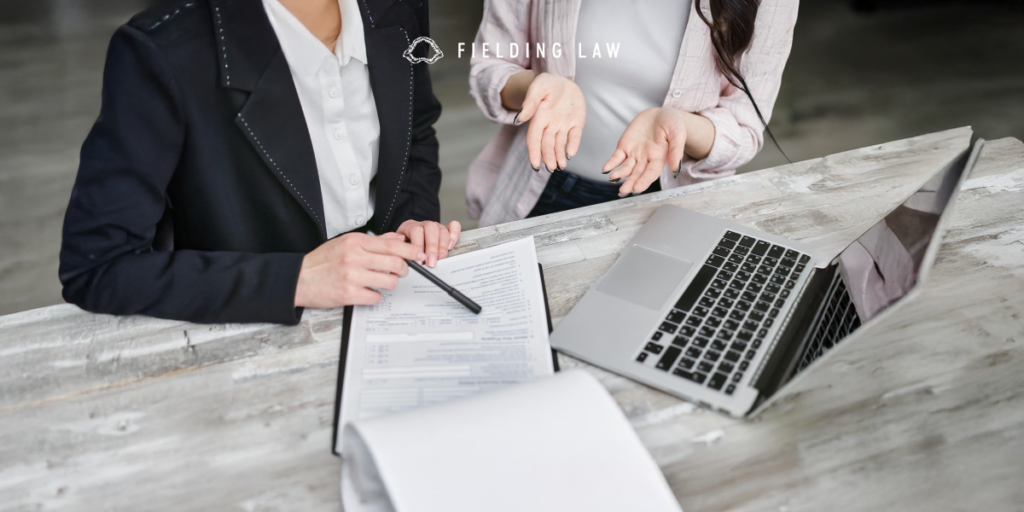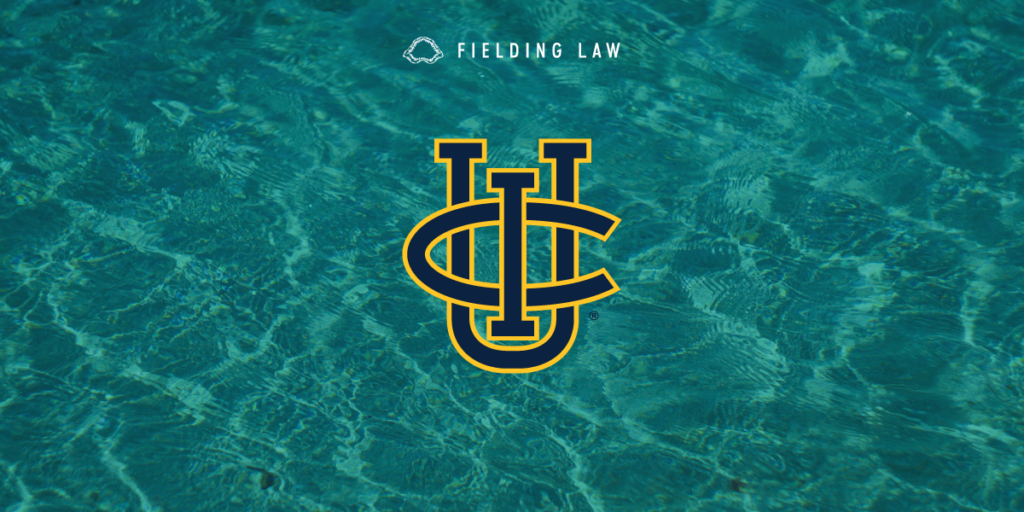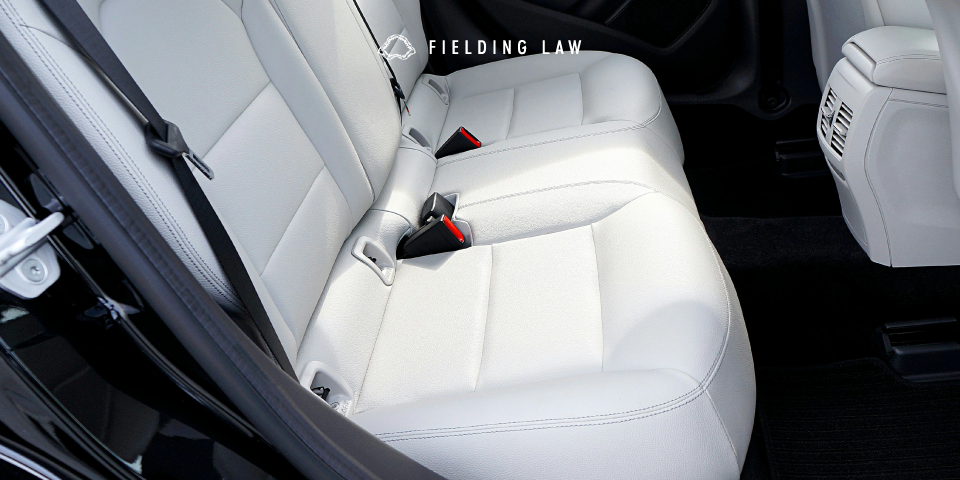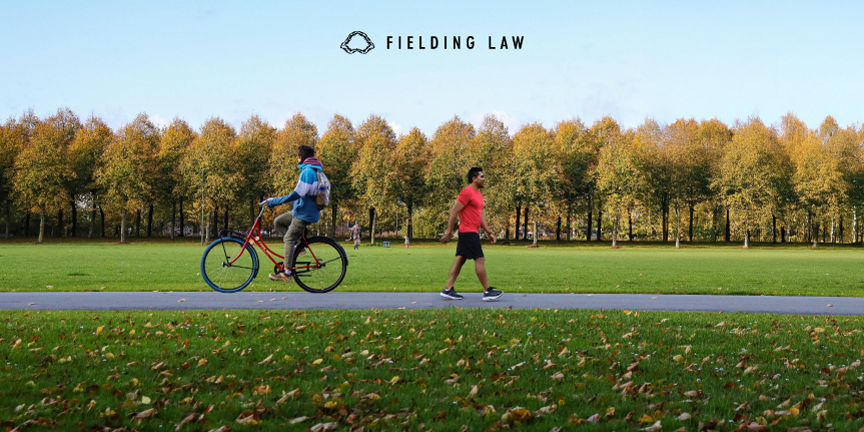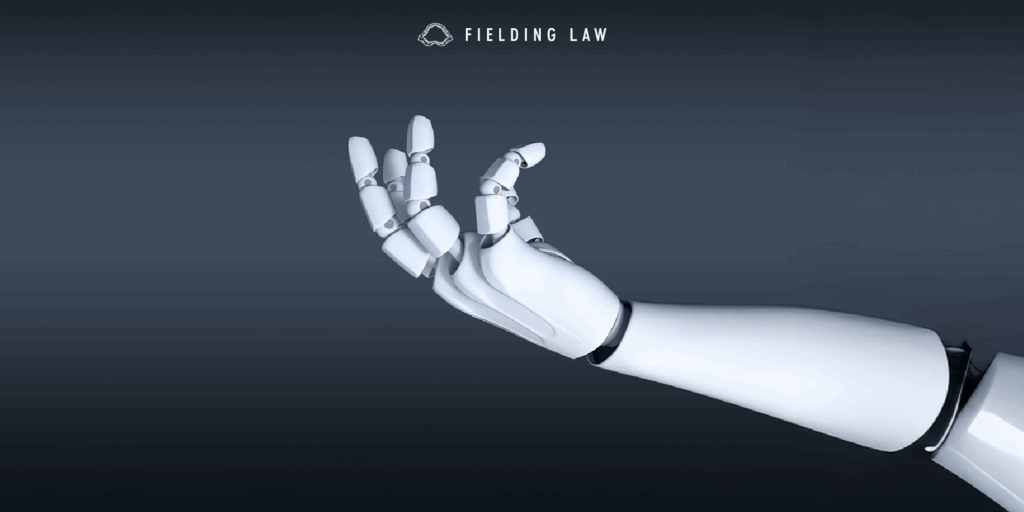
The rise of artificial intelligence (AI) has transformed many industries, and the legal field is no exception. From document automation to predictive analytics, AI is becoming more involved in the legal process. But as someone facing a personal injury claim, you may be wondering: Should I be worried about AI in my case?
How AI Is Used in Personal Injury Cases
AI plays a role in several aspects of personal injury law, including:
- Claims Processing: Insurance companies use AI to analyze claims and detect fraud.
- Settlement Calculations: AI tools assess medical records and past settlements to suggest compensation amounts.
- Legal Research: AI helps attorneys quickly find relevant case law and legal precedents.
- Chatbots and Virtual Assistants: Some firms use AI-powered chatbots to communicate with potential clients.
The Risks of AI in Personal Injury Cases
While AI can streamline some processes, it comes with potential drawbacks:
- Lack of Human Judgment: AI cannot fully understand the emotional and physical toll of an injury.
- Biased Algorithms: AI relies on historical data, which may not always be fair or accurate.
- Impersonal Decision-Making: Some insurance companies use AI to undervalue claims without considering personal circumstances.
Why Personal Injury Cases Require a Human Touch
Your injury is more than just numbers in a system. A personal injury case involves unique factors such as pain, suffering, and long-term effects that AI cannot fully grasp. Fielding Law believes in a personalized approach, ensuring that real legal professionals advocate for your rights.
Why Hire Fielding Law?
At Fielding Law, we combine technology with compassionate, skilled legal representation. While we stay informed about advancements in AI, we never let it replace the personalized attention you deserve. Our team fights for the best possible outcome, making sure your case is handled with care and expertise.
If you have been injured due to someone else’s negligence, do not let an algorithm determine your future. Call 833.88.SHARK today for a free consultation and real legal guidance.
Note: Information provided is for educational purposes and does not constitute legal advice. Always consult with a qualified attorney for legal concerns.
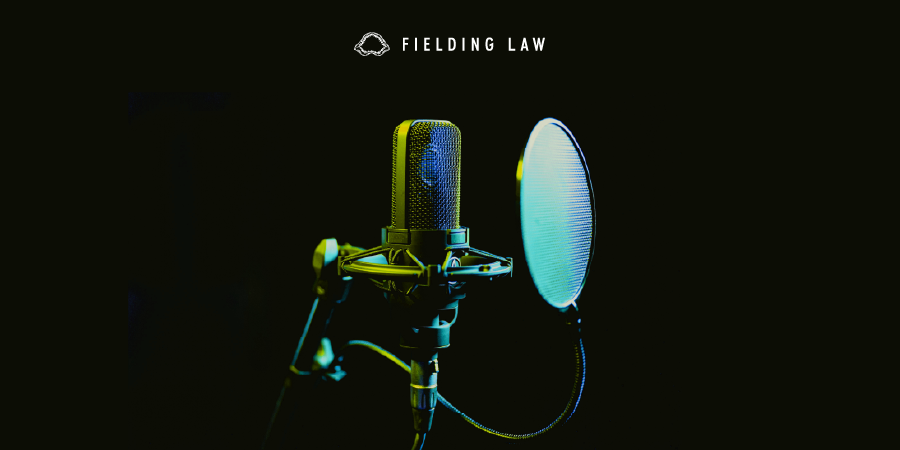
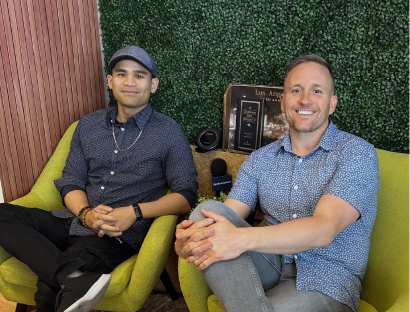 A Fresh Perspective on Career, Law, and Life
A Fresh Perspective on Career, Law, and Life